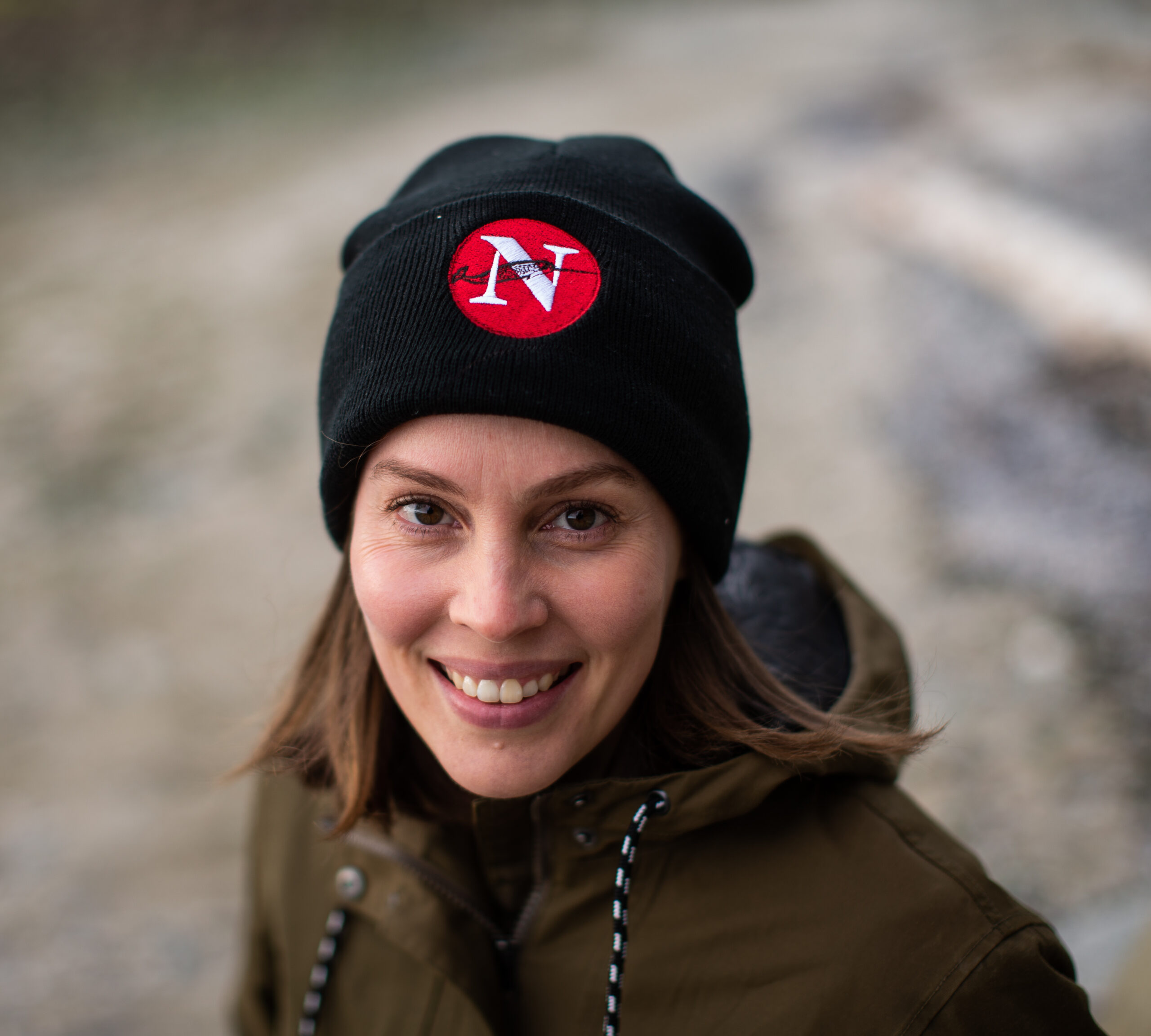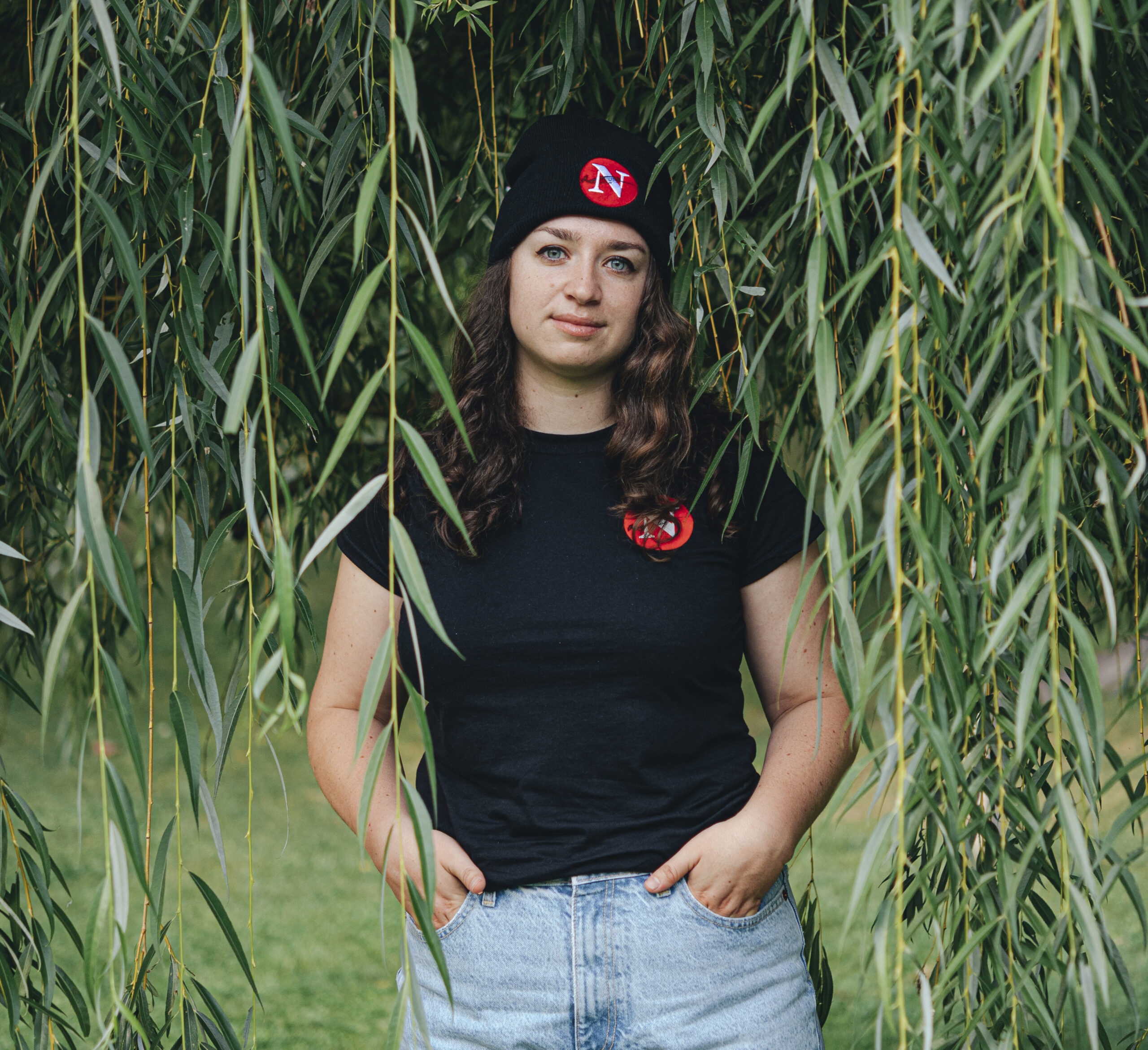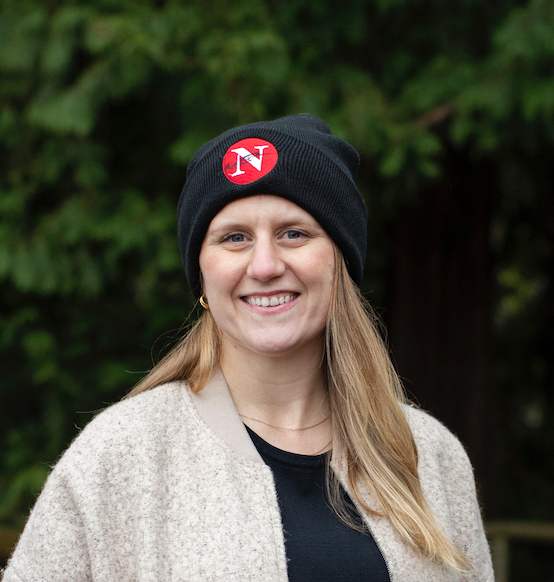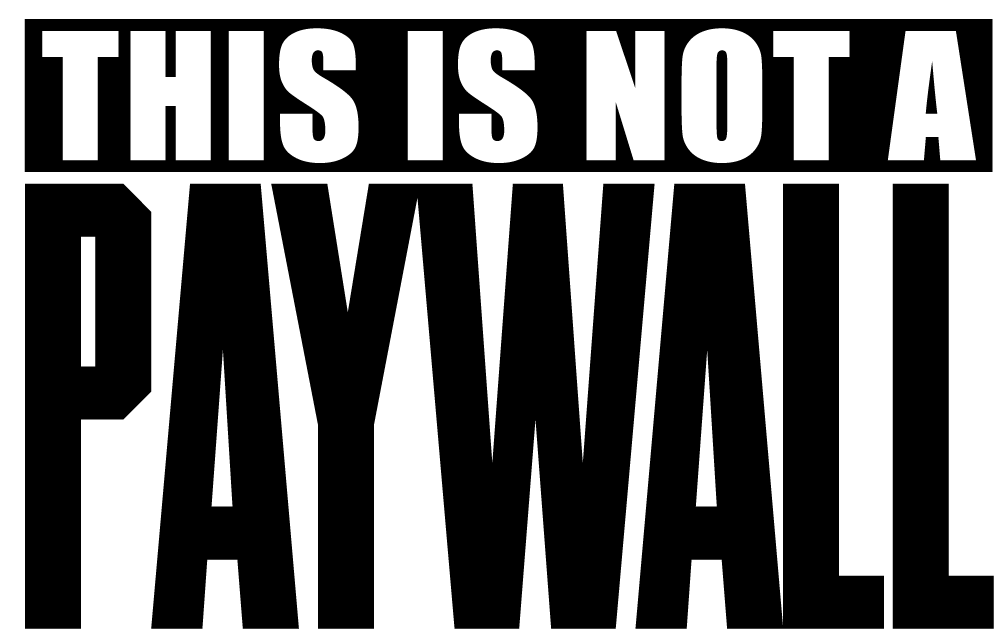Our team of investigative journalists dives deep to tell stories about the natural world in Canada you can’t find anywhere else.
We have just two rules: 1) Follow the facts. 2) Tell it like it is.
We’re tired of false dichotomies and business-as-usual perspectives. We’re not shy about the fact we think Canada’s greatest assets are our people, our lakes, our rivers, our forests. We tell stories Canada’s big news outlets miss and hustle to help our readers make sense of complex (sometimes downright messy) issues. As a non-profit online magazine, our goal isn’t to sell advertising or to please corporate bigwigs — it’s to bring evidence-based news and analysis to the surface for our readers.
The Narwhal is a leader in non-profit journalism in Canada and is supported by more than 6,800 members. In March 2021, The Narwhal became Canada’s first English-language registered journalism organization, which means all of our members and donors receive donation tax receipts. The Narwhal is also a member of the Institute for Nonprofit News, recognizing our adherence to strict standards of editorial independence and financial transparency. The Narwhal is a founding member of Press Forward, Canada’s association for independent media, and a proud partner organization of Covering Climate Now, a global journalism project to bring more coverage to climate issues.
The Narwhal’s reporting is frequently cited in The Globe and Mail, Toronto Star, CBC and others. We have collaborated with The Globe and Mail, the Toronto Star, CTV News, Chatelaine, The Weather Network, The Local and IndigiNews, while our Manitoba reporter is producing stories as part of an innovative partnership with the Winnipeg Free Press. The Narwhal is also a member of the Great Lakes News Collaborative.
Since launching in May 2018, The Narwhal has been the recipient of several awards. In 2024, The Narwhal was the co-recipient of the Michener Award, Canada’s most prestigious journalism prize. Our organization also took home six 2024 Digital Publishing Awards, two National Newspaper Awards and one award from the Canadian Association of Journalists.
In 2023, The Narwhal won eight Digital Publishing Awards, three Canadian Journalism Foundation awards, one from the National Magazine Awards, one award from the Canadian Association of Journalists and four citations of merit from the National Newspaper Awards.
In 2022, The Narwhal took home four awards from the Canadian Association of Journalists, two from the Digital Publishing Awards and one from the National Magazine Awards.
In 2021, The Narwhal won a World Press Freedom award, the Canadian Journalism Foundation’s Jackman Award, a photojournalism award from the Canadian Association of Journalists, four National Magazine Awards and three Digital Publishing Awards, including gold for general excellence.
In 2020, photographer Amber Bracken was awarded the Charles Bury President’s Award by the Canadian Association of Journalists for her outstanding contributions to journalism in Canada for her coverage of the Wet’suwet’en crisis for The Narwhal.
Why The Narwhal?
Narwhals have intrigued explorers and scientists for hundreds of years. Indeed, just a few years ago, scientists discovered the narwhal’s tusk is actually highly sensitive like an antenna.
Throughout the Middle Ages, the narwhal was hunted for its tusk — which was more coveted as a magical unicorn horn than as the elongated tooth of a marine mammal. Whalers made a fortune selling horns while the rest of the world was duped into buying teeth.
The Narwhal is here to celebrate the truth, and to tell stories about the world around us — even if those stories sometimes dispel cherished myths. The Narwhal is here because there’s no such thing as unicorns.
Our commitment to more thoughtful, inclusive journalism
The storytellers in any society hold tremendous power. At The Narwhal, we recognize that this power represents both a privilege and a responsibility and we aim to use this power for the public good.
To that end, we must recognize the inequities in Canadian media and in Canadian society at large.
The Truth and Reconciliation Commission’s final report recognized that Canada is a country built on cultural genocide. It stated “cultural genocide is the destruction of those structures and practices that allow the group to continue as a group. States that engage in cultural genocide set out to destroy the political and social institutions of the targeted group. Land is seized and populations are forcibly transferred and their movement is restricted. Languages are banned. Spiritual leaders are persecuted, spiritual practices are forbidden, and objects of spiritual value are confiscated and destroyed … families are disrupted to prevent the transmission of cultural values and identity from one generation to the next. In its dealing with Aboriginal people, Canada did all these things.”
Canada’s colonial practices have far-reaching implications for newsrooms in Canada, which have long played a role in legitimizing abuses of power and cultural genocide.
The Narwhal recognizes that environmental journalism must be grounded in respect for Indigenous Knowledge and Indigenous Rights and must foreground Indigenous voices.
The Canadian Association of Journalists’ 2022 newsroom diversity survey found that 25 per cent of journalists in Canadian newsrooms were non-white. Notably, only 15 per cent of Canadian newsrooms had a non-white journalist in a top-three editorial position. As of the 2016 census, Indigenous and racialized people comprised more than 27 per cent of the Canadian population.
The Narwhal is committed to building a team that includes Indigenous voices and reflects the communities we serve. We take active measures to provide equal opportunity to people of all races, ethnicities, religions, genders, sexual orientations, gender identifications and abilities. We are also committed to fostering a welcoming culture that encourages flexibility and inclusion so all team members can fully contribute.
As a small organization, we recognize some staff will undoubtedly carry an unfair burden if they are the sole representative of a marginalized group on The Narwhal’s team. We aim to avoid this where possible, but will also acknowledge when this does occur to mitigate the weight of these circumstances.
A diverse team enhances the relevance and substance of our journalism and is essential in fulfilling our mission to foster a deeper understanding of some of the most contentious issues of our time.
The Narwhal endorses the calls to action on media diversity by Canadian Journalists of Colour and the Canadian Association of Black Journalists.




















